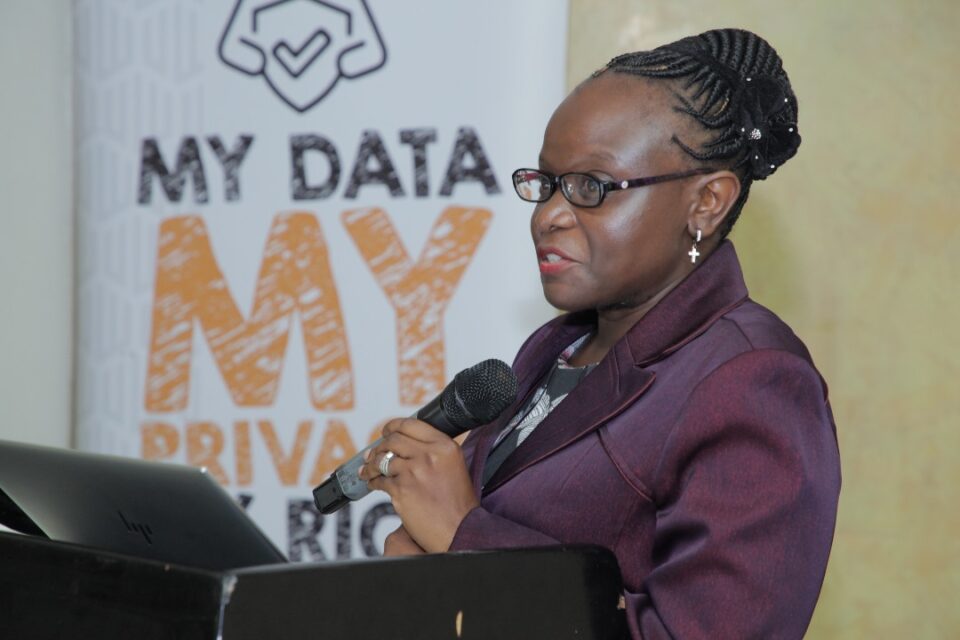Implement laws to curb huge economic losses due to Gender based violence –Activists.
Economics and Gender Based Violence. Spouse Battering costing Government Billions-Activists
SOLOMON LUBAMBULA
slubambula@gmail.com
Government loses about 77 billion shillings ever year due to the gender base violence. According a survey on the economic implication of gender based violence, it is not only a matter of Human Rights violation but also a lot of money and time is wasted in the aftermath of battering of spouses in homes. This is substantive resource that could have a huge impact on lives of Ugandans and the entire economy if saved and well spent by the authorities.
The revelation comes at a time when the country joins the rest of the world to mark the 16 days of activism, and specifically the International Day on Elimination of Violence against women slated for the 25th of November.
In 2012 the Centre for Domestic Violence Prevention (CEDOVIP) and the Economic Policy Research Centre at Makerere University interacted with individual survivors and Institutions like the Police, health centres among others on how much is spent on the treatment of injuries and investigation of cases related to domestic violence annually.
Diana Kagere Mugerwa, the Media and Advocacy officer at CEDOVIP told the Unwanted Witness – Uganda that when the organization looked at individual costs, people spend out of pocket allowance to respond to domestic violence, which came down to 21 billion shillings per year. The figure is based on the number of persons experiencing domestic violence and the number of times they are abused.
Kagere added that institutions like police, health centers and shelters spend 56 billion shillings per year as they handle gender based violence. This is brings the total of money spent to 77 billion shillings
The activists say this is a clear indication that the inhuman treatment poses a heavy economic burden to the community. The entire community shoulders this economic burden right from the victim to the relevant institutions of government.
Kagere said that the loss is not limited to monetary terms but also, the victim loses their productive time as they are always moving to treatment police and psycho-social support centers in order to deal with the after effects of domestic violence. And this affects his/her own economic development and that of the country.
And for us we are saying if we (Uganda) implement the domestic violence act we can actually reduce this cost because women are still shouldering the burden of domestic violence, Kagere said.
The Domestic Violence Act passed in 2010, 3 years down the road, the National Domestic Violence policy is not in place yet it is key in ensuring that the Ministry of Finance allocates money for the implementing the act.
Brenda Kugonza the Programs manager at CEDOVIP says that gender based violence also affects other issues like the children’s education and their general well being at home. Kugonza adds sometimes the children also fall victims of such violence. They may not be able to do their homework as expected because of the unfavourable environment at home.
“gender based violence is connected to attitudinal change, supported by norms and beliefs so our interventions are aiming at changing people’s mind sets such that communities stop accepting violent acts”-Kugonza
Dr Sheila Ndyanabangi a counselor says that gender based violence in presence of children affects them psychologically and this could be evident in their studies at school and even in their future lives when they grow up. Dr.Ndyanabangi says chances are high that such children may also inflict violence against their spouses.
The Country manager Action AID Arthur Larokor attributes gender based violence to the political economy of the family. Asking who controls the economic resources? Larok says that the cases of domestic violence reported during the harvesting season are four times more than in the planting season. He explains that this comes about as the men want to be in charge of the agricultural produce for that family, the husbands may decide to put the profits from the harvest to non-priorities like drinking, leaving the wives to be beggars despite their efforts. This is what sparks of the disagreements and violence in these homes.
Whereas it is termed as Gender Based Violence, a lot of emphasis is put on the prevention of violence against women; this does not mean that the husbands are safe. Some of the women also inflict terror on their husband although the statistics indicate the number is still small compared to that of women victims.
Larok says for instance 89% of Domestic Violence is targeting women is four times more than the percent of the violence targeting the other gender. 24% of women have reported to have been forced into sex for their encounter.
Dr.Sheila Ndyanabangi says that even because of the cultural beliefs men shy away from reporting cases when they are subjected to acts of violence by their women. They suffer silently apart from a few who discuss the matters with their marriage counselors.
It is against this background that the activists are calling for serious legal action to put an to such human rights violations that are also affect the economy in terms of losing billions of shillings.
Larok says in addition to empowering the men and women to appreciate that the dignity of their partners is good for their families, there is still the question of how with the political economy in families. This calls for a comprehensive family law.
“I would recommend to our lawmakers to get back the marriage and divorce bill out of the dust bin and re-consider it”- Larok.
But experience has shown that it is not all about parliament making the laws, but also the implementation of these seemingly good legislations.
Kagere says that despite the passing of the Domestic Violence Act, the law has not be implemented, yet if enforced government would not only save the 77 billion shillings lost annually but also ensure that justice is delivered to the victims.
END




